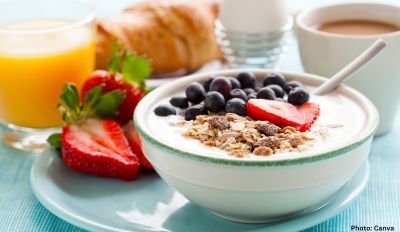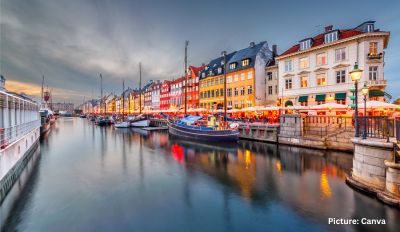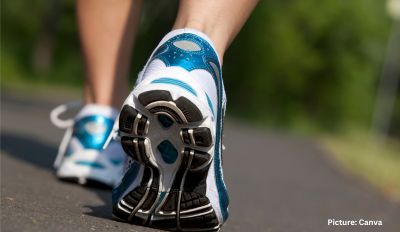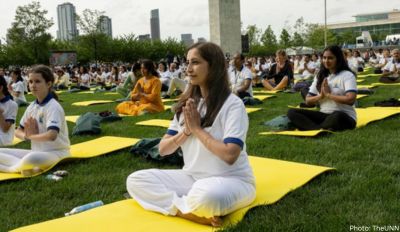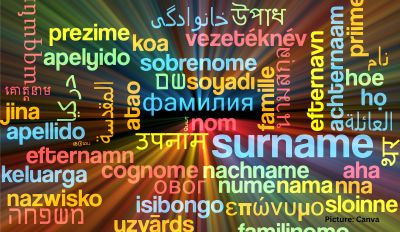Residing in The Hague, I am surrounded by 11 kilometers of stunning coastline that features picturesque dunes and sandy shores. During summer, it’s common to find locals at Scheveningen or Kijkduin, the city’s most popular beaches, basking in the sun, taking leisurely walks, or cycling before settling on one of the many benches available. They might be reading, conversing with friends, or simply engaging in the act of niksen.
Niksen, a Dutch wellness trend translating to “doing nothing,” gained global attention in 2019 as a method for managing stress and recovering from burnout. At that time, many people were seeking relief from fatigue and depression caused by overwork, leading to the adoption of concepts like Japanese ikigai or Danish hygge. As a linguist, I appreciated how the idea of doing nothing could be conveyed in a single, easy-to-pronounce word.
In my book, Niksen: Embracing the Dutch Art of Doing Nothing, I describe it as “doing nothing without a purpose” – not mindlessly scrolling through Facebook or meditating. While mindfulness focuses on being present in the moment, niksen is about setting aside time to simply exist, allowing your mind to wander freely. In our post-pandemic world, reevaluating how we work and utilize our time is crucial.
From a linguistic standpoint, the verb “niksen” (doing nothing) is derived from “niks,” meaning “nothing.” According to Monique Flecken, a psycholinguist at the University of Amsterdam, “It fits with the tendency of the Dutch language to create verbs out of nouns,” such as “voetbal” (football) becoming “voetballen” (playing football), or “internet” turning into “internetten.” She adds, “The Dutch are a practical, direct people and their language reflects that.”
In the Netherlands, niksen can have both positive and negative connotations. Flecken explains that a parent might ask their child, “Zit je weer te niksen?” (Are you doing nothing again?), while someone might also say “lekker niksen,” translating to “delicious doing nothing,” when referring to an evening blissfully devoid of tasks or work.
Psychologist and author Thijs Launspach defines niksen as “doing nothing or occupying yourself with something trivial as a way of enjoying your own time.” He notes that this concept is more applicable to older individuals with unstructured free time, whereas younger generations in the Netherlands – a country known for its work-life balance – are more stressed than ever.
Launspach attributes this stress to various factors: “Our lives and our jobs have become increasingly complex. We tend to spend a lot of time with computers. There is a lot of pressure on being the best version of yourself, be it in our jobs, or the expectations of parents [or] from social media. There is a lot of pressure to perform.”
Stress, as Bernet Elzinga, a psychology professor at Leiden University, points out, isn’t always detrimental. “It’s not necessarily bad to be for a moment in a state of stress, where you’re really on and focused. The problem is when this is getting out of hand,” she remarked. However, niksen can offer a solution by allowing the mind to wander and reflect, connecting us to our default mode network.
Interestingly, engaging in niksen can boost productivity, as taking breaks enables our brains to rest and refocus. This might explain why the Dutch, despite not working long hours, are highly efficient at work. In the Netherlands, the prevailing attitude is “just be normal, that’s already crazy enough,” discouraging overtime and reflecting the country’s honest and egalitarian culture.
This approach appears to be effective, as the Dutch are renowned for their creativity and innovation – from famous painters like Rembrandt, Vermeer, and Escher to inventive flood control measures like massive dams and floating houses.
The Dutch also value enjoyment, as evidenced by the word lekker, meaning “delicious,” but applicable to anything pleasant, such as lekker warm, lekker slapen, and lekker niksen. Their focus on leisure makes it easier for people to do nothing more effortlessly. Locals often spend their time actively, cycling or hiking, and flocking to cafes and terraces whenever the sun emerges, even in winter. These spaces are ideal for practicing niksen.
However, Launspach remains skeptical of using niksen as a stress prevention strategy. “I’m a little bit skeptical of the idea that you should create a buffer between you and stress. I don’t know if that’s even possible in the way that we live and work now,” he stated. Elzinga, on the other hand, believes engaging in physical activity in nature is a better way to distract from daily concerns.
Fortunately, the Netherlands offers opportunities to combine niksen, nature, and movement. The Dutch cherish their limited natural areas, with many dune spaces forming part of an extensive network of hiking and cycling routes across the country. Even in larger cities like Rotterdam, The Hague, or Amsterdam, trails are never too far away.
In collaboration with the Dutch Railway system, Wandelnet has developed NS Wandelingen, a series of easily accessible hiking routes via public transport. With distances ranging from 7 to 22 kilometers, these routes are perfect for day trips, and the numerous benches along the way provide opportunities for niksen breaks.
The Dutch can enjoy such leisure time thanks to their excellent welfare system and balance between hard work and ample days off. “Having a good social support system, having lower stress level relates to feeling secure and in balance. So, I wouldn’t overestimate the importance of that,” said Elzinga. Given the ongoing global challenges – the Covid-19 pandemic and the war in Ukraine – stress relief is more vital than ever.



